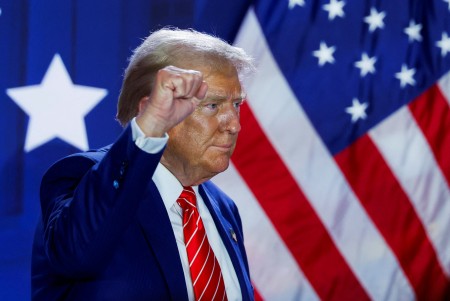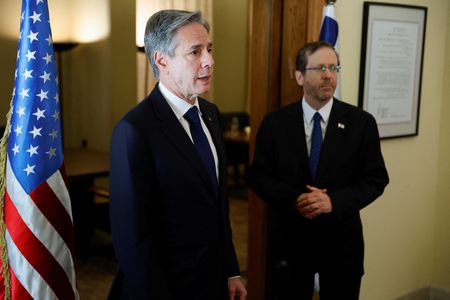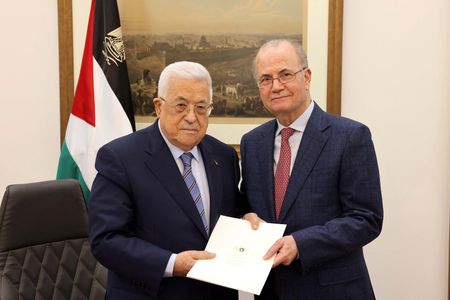TAIPEI (Reuters) – Former U.S. President Donald Trump “has a lot on his plate” and misunderstands Taiwan’s role in the semiconductor industry, possibly because others have misinformed him, the island’s Economy Minister Kuo Jyh-huei said on Monday.
Trump, the Republic nominee in November’s presidential election, unnerved democratically governed Taiwan, which is claimed by China, by saying in July, “Taiwan should pay us for defence,” and that it had taken American semiconductor business.
His remarks pummelled shares of Taiwan’s TSMC, the world’s largest contract chipmaker and a major supplier to companies such as Apple and Nvidia.
Speaking to reporters in Taipei ahead of this week’s Semicon Taiwan exhibition, set to be attended by top executives from TSMC, Samsung and SK Hynix, Kuo rejected Trump’s remarks.
“Taiwan did not steal the U.S. chip industry,” said Kuo, previously a senior executive of a TSMC supplier, Topco Scientific.
Taiwan helps complement the U.S. chip industry in manufacturing, and makes chips as commissioned by U.S. industry, he added.
“This is a misunderstanding on Trump’s part. The president has a lot on his plate; maybe a friend or a competitor in Taiwan told him that,” Kuo said.
TSMC is spending billions building new factories overseas, including $65 billion on three plants in the U.S. state of Arizona, though it says most manufacturing will stay in Taiwan.
TSMC’s Arizona factories are a crucial part of the Biden administration’s efforts to boost the chips supply chain and ensure the United States is less reliant on chips made overseas.
In 2022, the U.S. Congress approved the Chips and Science Act to boost domestic semiconductor output with a programme of $52.7 billion in research and manufacturing subsidies.
Taiwan received strong backing from Trump’s 2017-2021 administration, including arms sales, which have continued under the government of President Joe Biden.
Trump spoke to then-Taiwan President Tsai Ing-wen in 2016 shortly after he won the election, prompting anger in Beijing, as the United States does not officially recognise Taiwan’s government, and glee in Taipei.
Taiwan’s government rejects China’s sovereignty claims.
(Reporting by Ben Blanchard; Editing by Clarence Fernandez)





